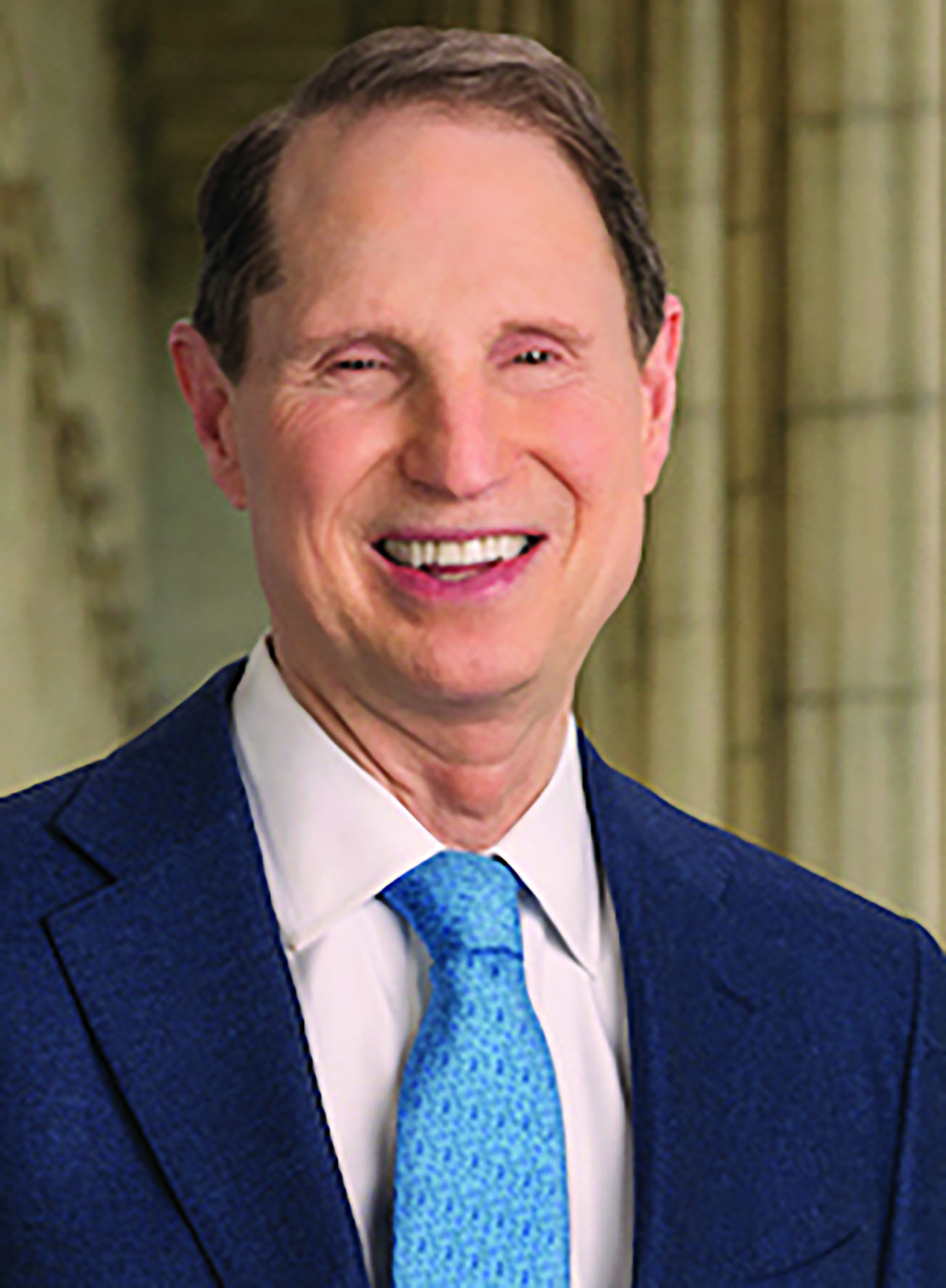Keep ethics laws practical
Published 1:48 pm Tuesday, February 24, 2015
Should ethics laws be strengthened to avoid conflicts-of-interest by elected officials or members of their families? In an ideal world, most of us would probably answer Yes, but how do we answer the question in the world as it really exists?
Let me offer you several examples to ponder. During George W. Bush’s first term as president, his brother Neil landed a lucrative contract with a semi-conductor firm that was backed by the son of the former president of China. Neil Bush’s compensation was a hefty two million dollars over five years, to be paid in stock options. When asked about his expertise in the area of computer chips, the president’s brother candidly admitted that he had none.
Trending
Nice work if you can get it.
In 2014, New Jersey Governor Chris Christie became a good luck charm for Dallas Cowboys’ owner Jerry Jones, who repeatedly flew Christie back and forth to Cowboys’ home games in his private jet so that the governor could enjoy the games from Jones’ family suite.
What would we do without our generous friends?
The public reaction and outrage to these two examples consisted of pretty much: shrug, yawn. What else is new?
But meanwhile, in Virginia, former governor Bob McDonnell and his wife, Maureen, have learned the hard way that accepting lavish gifts from contributors and lobbyists actually violated federal and state ethics laws. And federal and state officials in Oregon are now conducting investigations as to whether our former governor, John Kitzhaber, and his fiancée, Cylvia Hayes, might have crossed similar lines in their public and private business dealings.
As an ardent Democrat, I admit that I am saddened and also somewhat surprised that Governor Kitzhaber stepped down over possible ethics violations that would seem to pale in comparison to others that the public has yawned at, especially when the voters of Oregon seemed to shrug off these very concerns just a few months ago. Believing that anyone deserves to be presumed innocent until proven guilty, I would have preferred to see the ethics and criminal investigations run their course before a resignation was prematurely offered. On the other hand, from a purely political point of view, I accept that Kitzhaber might have made a wise choice by resigning.
Trending
Oregon’s new governor, Kate Brown, has laid out her position unequivocally on this matter, by pledging that she, members of her staff, or members of her household, “will not seek or accept any outside compensation, from any source, for any work related to the business of the state of Oregon. That simply will not happen.”
Most Oregon voters will probably accept her pledge by saying, Bravo. But I’m more inclined to say, Whoa, hold your horses a minute.
In an ideal world, a promise like Brown’s would be easy enough to keep. And speaking strictly for herself, she might very well be able to keep it. But when she speaks on behalf of the members of her staff and her family, now that pledge might be all but impossible to maintain.
Politics is largely about power and relationships. It necessitates making deals. There is simply no getting around that, and we should not expect anything different.
Oregon already has one of the strictest ethical codes in the country. But as Governor Kitzhaber and Ms. Hayes can attest, it is not always easy to segregate public and private business dealings. And in a state where legislators receive very modest public compensation and often work as consultants in their private businesses, and where many of them employ their own spouses as staff members to meet their household needs, tougher ethical restrictions would be difficult to navigate and enforce. They might not even be desirable.
I’m glad that Oregon has stricter standards than New Jersey or Texas, but even here, politicians still need to get things done, and their family members still need to make a living in a complex, interrelated world.
John McColgan writes from his home in Joseph.









